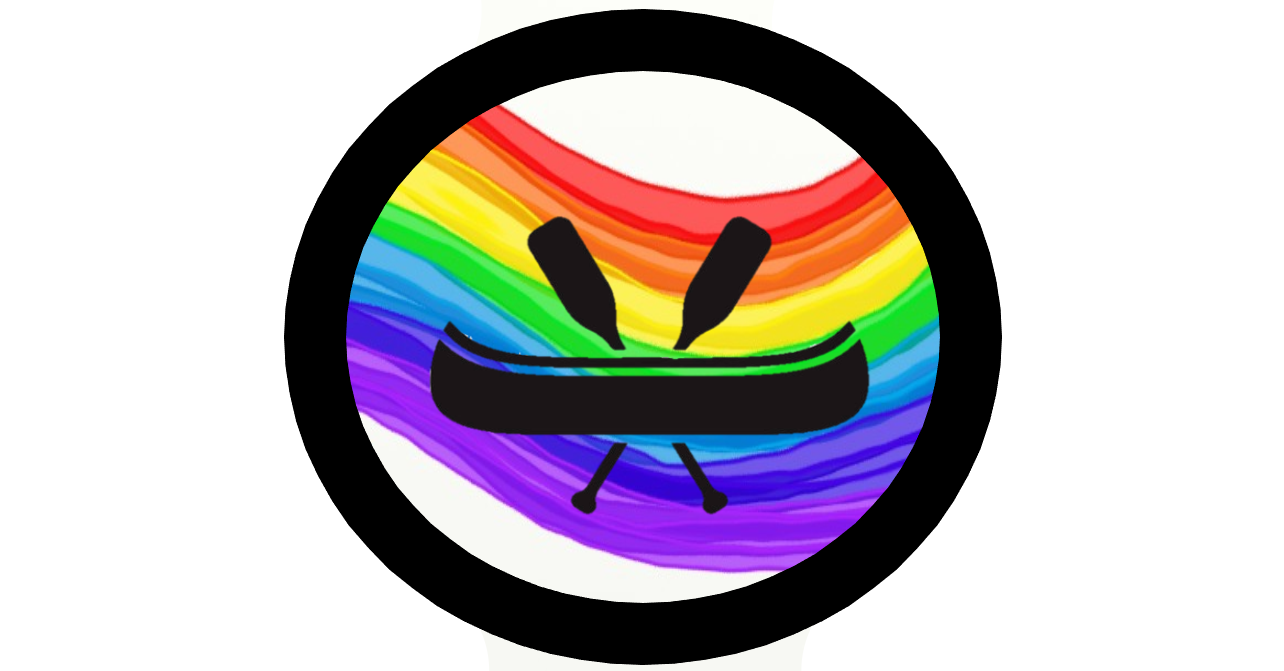Robust Vocabulary Instruction – My Future Practice
Sara McManus
School of Education, University of Northern British Columbia
EDUC 400: Curricular Enactment in the Early Years with a Focus on Literacy, Numeracy and Fine Arts
Instructors: Dr. David Litz and Melanie Baerg
August 02, 2022
This week’s reflections have me thinking a lot about my future practice. During the long weekend, I had the opportunity to spend time with my sister and my two-year-old niece. I have found it very interesting how much this program has been weaving its way into all aspects of my life. It is changing my lens, and I was not expecting that to happen as much as it has.
When talking with my niece, I found myself modelling rich vocabulary and phonemic awareness skills for my sister to use with her daughter. For example: when I played fetch with my puppy, I would say, “Iris, get Yoda,” and my niece would say, “/ō/d/.” I would repeat. “/yū/, /yū/, /yū/, Yoda. /yū/, /yū/, /yū/, Yellow. /yū/, /yū/, /yū/, Yo-Yo, /yū/, /yū/, /yū/, Yoda.” She is at the perfect developmental stage where she wants to parrot everything you say. We did this all weekend long with any beginning phonemes she skipped over.
With my new lens, I could identify the difference between her truly understanding a word’s meaning and simply stating a word. Although it might be particularly easy to identify this lack of vocabulary comprehension with a toddler, I suspect I will be more attuned to listening for it now with students.
On Friday morning, I received the news that the English teacher at the Alternate school had chosen her retirement date. The idea of applying for the position after completing my certification was initially extremely exciting. My brain filled with all the literacy for social justice issues we have discussed in our classes and what a tremendous impact I could have in that position utilizing what I have learned. My thoughts drifted to my former math students who struggled to read. However, today I paused again after reading Chapter 5 of Bringing Words to Life (Beck, McKeown, & Kuncan, 2013), as I realized I wasn’t the teacher who had to help those same students through English12 to graduate. That would be a tremendous responsibility to bear. I have witnessed the struggling classroom teacher trying to find ways to help their illiterate student after so many teachers before them. Those students are angry at the world, and I don’t blame them. They have slipped the cracks, have trauma, or often both.
Taking on that classroom with what I know now would be daunting. The current and former teachers are fabulous and mentor educators to me, but as it has been said many times in our courses, “you can’t undo what you know.” I couldn’t go there and have the students continue with the status quo. The entire structure of “how-it’s-always-been-done” would need to be ripped down to rebuild a new science-for-reading-based classroom with a foundation of structured literacy that builds students towards graduation goals through a robust vocabulary and writing rich, authentic text in an inclusive manner for all students.
On my drive south, as I couldn’t read this week’s reading, I thought it wise to skip ahead and begin listening to next week’s podcast, ERRR #062: Margaret McKeown on Robust Vocabulary Instruction (Lovell, 2022). I was only able to get about halfway through, but I did have one of my – Ah-ha moments where I needed to pull over and jot a quick note down so I wouldn’t forget to come back to it because I loved it so much. Margaret McKeown said, “I think the whole concept of synonyms is bogus because it gives kids, even teachers, the idea that there’s going to be some other word that means the same thing” (37:37). I thought about how much I sometimes struggle to precisely find the right word when I am writing. I often use a thesaurus and have found www.WordHippo.com extremely helpful because sometimes you need to be very specific in your writing. I instantly gravitated toward the concept of “word associations” because every word does have its own meaning.
Page 93 in Chapter 5 of Bringing Words to Life changed everything for me all over again. One portion of a paragraph connected all the dots.
“But the synonym approach, although handy for providing a quick anchor point for a word, is a bankrupt way to teach word meaning. Building understanding of language comes through developing knowledge of both the similarities and the differences among words and the precise rules they can play. A focus here is on exploration of complex dimensions of a word’s meaning and the relationships that exist to other words along some of those dimensions-how the word may be related to others through some components but not others” (Beck, McKeown, & Kuncan, 2013).
I went instantly from “YES! I can teach English at the alternate school and synonyms are not a good teaching point, word associations are better,” to “oh my goodness, I would be out of my league trying to teach English 10, 11, and 12 all in the same classroom plus other courses with all the intensity in an alternate program.” I’m not a strong reader; I struggle with my own grammar. I was using a dictionary to look up words for a reading in this course only four weeks ago. REALITY CHECK! As much as I would love to be there again, I need to spend at least a few quality years in the elementary school system developing my foundational teaching and curriculum skills.
I suppose this leaves me a little sad, and I will need to mourn the idea of returning to the alternate setting, but if I don’t, I worry that the temptation will be too great, and I will forget the lesson of reading this chapter in Bringing Words to Life. (Beck, McKeown, & Kuncan, 2013) I’m not ready to teach high school English as a continuing classroom teacher. I will need to carry the little voice of “/ō/d/” with me and remember that I have some big learning to do too.
References
Beck, I. L., McKeown, M. G., & Kuncan, L. (2013). In Bringing Words to Life: Robust Vocabulary Instruction (2nd ed., pp. 82-102). New York: The Guilford Press.
Lovell, O. (2022, February 24). ERRR #062. Margaret McKeown on Robust Vocabulary Instruction. Ollie Lovell. Retrieved July 28, 2022, from https://www.ollielovell.com/errr/margaretmckeown-vocab/

